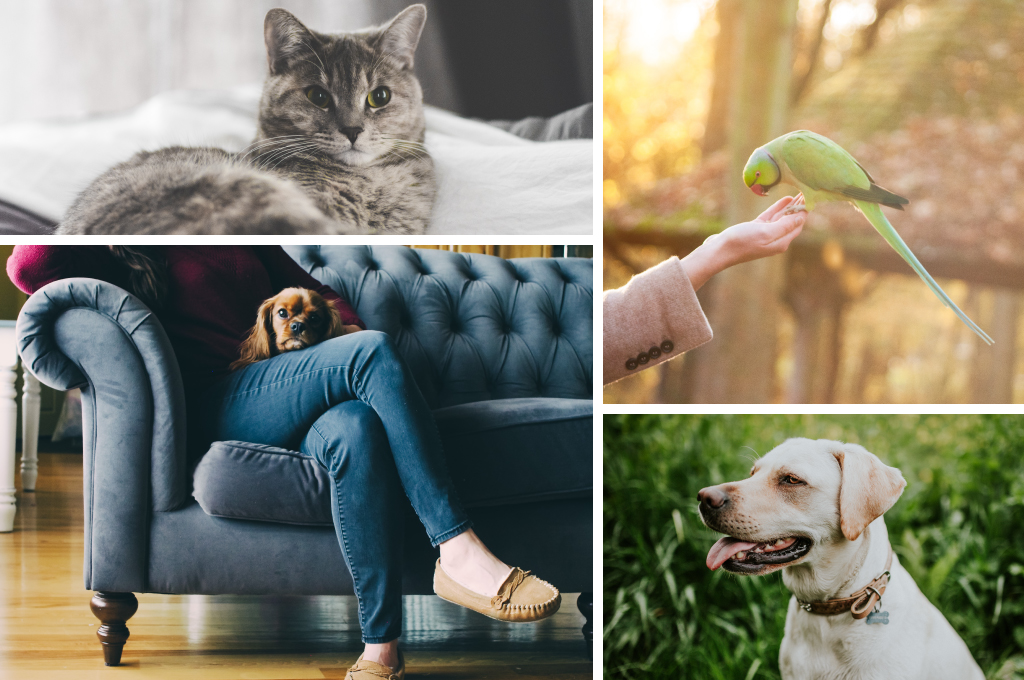July 15th is Pet Fire Safety Day. At first glance, it seems like another obscure “holiday” that was more or less invented out of nowhere by the news spreading on social media. But by all means, this is no “National Cheeseburger” type of day. In fact, it’s a day to think about the unthinkable and plan ahead for emergencies to keep your furbabies safe.
Not only is it important to have emergency escape plans put in place for your pets, but it’s incredibly important to know how to prevent pets accidentally causing fires.
An estimated 500,000 pets are affected annually by fires each year.
Here are a few tips for keeping your pets safe in the event of an emergency:
- Include them in your household emergency plan. This includes having their own emergency supply kit and practicing exiting the house with them.
- Train your pet to “come” when you call them, even in the most hectic of situations.
- When you are not at the house, be sure to leave pets in an easily accessible room with the collar on and leash in view (especially for bigger dogs), so rescue workers can easily evacuate them.
- Use pet alert “window clings” to show how many pets you have at the front of your house. This alerts rescue workers to evacuate pets without wasting any valuable time.
- Use smoke detectors that alert first responders directly. Pets have no way of alerting others of an emergency without a system like this.
An estimated 1,000 pets per year accidentally cause home fires.
Reduce the risk of a pet-caused fire with these safety tips:
- Remove or protect stove knobs when leaving the house. This is the number one cause of accidental fires by pets.
- Do not leave your pet unattended around an open flame. Be sure all flames are extinguished when you leave.
- Beware of water bowls on wooden decks. Opt for stainless steel or ceramic, as glass bowls can filter the sun and cause enough heat transfer to ignite the wood below.
- Invest in flameless candles, especially for cats! Cats are known to accidentally knock over candles with their tails.
- Puppy proof your home! Chewing on wires can result in sparks. Best is to secure pets (especially young ones) in safe, confined areas.
Other pet safety tips:
- Be mindful of where insect insecticides and harsh chemicals are stored.
- Keep all human (and pet!) medications out of reach.
- Be aware of poisonous household plants. Click here for the Humane Society’s list of potentially harmful plants.
- Be careful with what they chew on – including toys with moveable parts, string, floss, leftover animals bones from cooking, etc. These can all be swallowed and either cause choking or internal damage.
- Hang holiday decorations out of reach.
- Remember that chocolate is poisonous to dogs, cats, and ferrets.


Leave A Comment